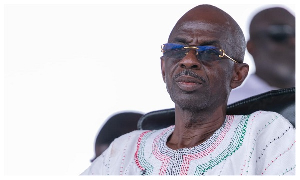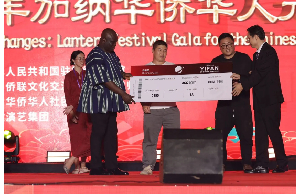Robert Guest, foreign editor for The Economist Magazine, tells how elections are rigged in subtle ways nowadays.
According to him, election riggers would want to cheat just enough to win, but not so much that their country’s reputation takes a nose dive.
And that, rather than crudely stuffing ballot boxes on election day, they try to tilt the playing field beforehand in various ways that are not directly tied to elections, such as handsomely paying the police and army to ensure their loyalty, co-opting judges, turning the public broadcaster into a propaganda megaphone and hounding watchdog groups into bankruptcy with meritless tax probes, etc.
One of these subtle rigging tools to which I want to direct my attention is ruling parties ensuring that electoral rolls are not updated in order to keep the names of dead people in voters' registers, and these names generally turn out to be votes for the ruling party.
Election rigging using the names of dead people, also known as ghost voting, is a type of electoral fraud where individuals cast votes using the names of deceased people, and history is replete with a lot of examples.
For instance, allegations of voter fraud, including ghost voting, surfaced in states like Florida and North Carolina in the 2012 US presidential election.
And during the 2018 Nigerian General Elections, cases of voter fraud, including the use of dead people's names, were reported in several states.
In Ghana, for example, the total number of dead adults within four years is huge enough to significantly affect the outcome of an election.
According to statistics, in 2021, the mortality rate for women was 216.84 per 1,000 female adults, while the mortality rate for men was 287.94 per 1,000 male adults.
To deal with ghost voting, opposition political parties would have to push for election integrity measures like the removal of the names of deceased persons from voters' registers and ensure regular voter roll updates to help prevent and detect such fraud.
One will think that with biometric verification, it will be impossible for "ghosts" to vote, but we should also not forget that in some cases, those devices malfunction, resorting to manual verification. There is therefore a need to get down to it as soon as possible.
Opinions of Tuesday, 7 May 2024
Columnist: Anthony Obeng Afrane
When the dead resurrects to vote in an election
Entertainment














